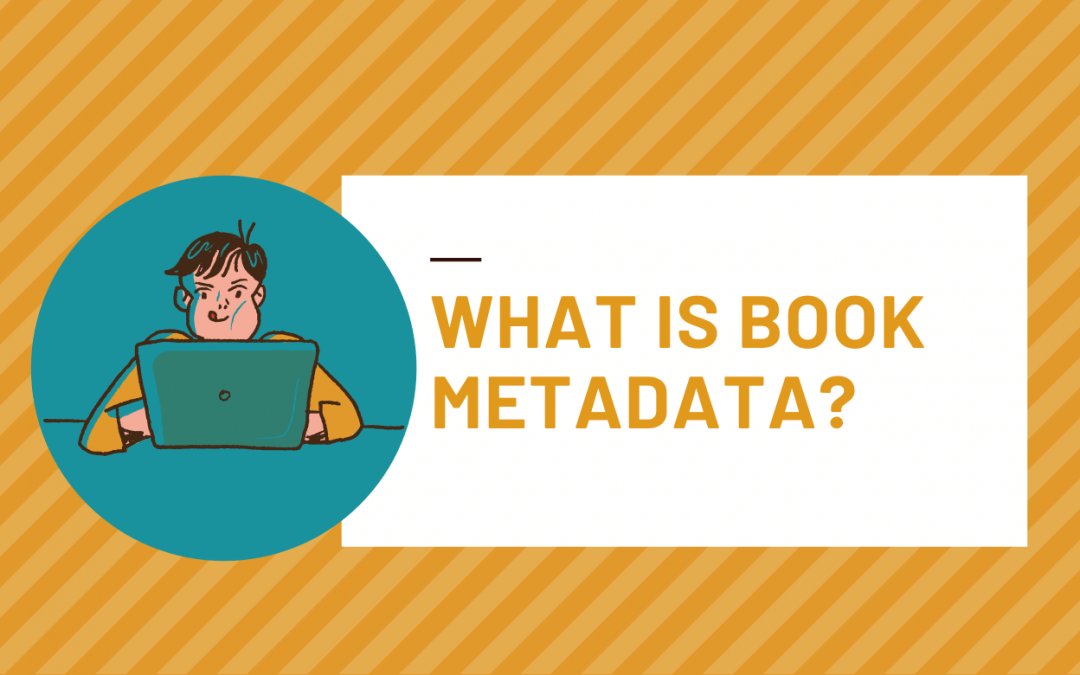When we hear the terms “metadata” and “keywords,” we might initially feel a bit anxious, like we have stepped into a strange and unfamiliar land. Thankfully, the meaning and use of these terms are far simpler than you might think.
Think of metadata and keywords as how a mail sorter uses zip codes. These important search terms help direct the consumer (the letter) towards your book (the mailbox) by providing essential information pertaining to the book.
Book sales are largely influenced by your ability to deftly use the descriptive terms related to your self-published book. The effort you put into this aspect of marketing your book is critical.
With a tsunami of self-published books on every retailer platform, such as Amazon, Barnes & Noble, and others, you need to use as many road signs as possible to direct traffic to your amazing book. Learn how to strategically use these search engine optimization tools to maximize sales.
What is Book Metadata?
The word metadata simply means data within data. So, in reference to your self-published book, the book’s metadata will provide deeper information about the book, and that makes it a more discoverable product. Envision the Google bots burrowing into your book listing to discover the relevant content within the metadata so it can pair your book with the person typing in a keyword search.
Book metadata is basically additional text, or carefully tailored words, that gets added to your book listing and even your recorded ISBN on Bowker. This additional information can amplify search results and deliver more customers.
Examples of the metadata required when you list your self-published book include:
- Title
- Subtitle
- ISBN
- Page count
- Physical details
- Cover
- Price
- Book description
- Author name
- Author biography
- Other works
- Genre
- Format
- Publication date
- Audience
- Book keywords
All of the specific words you use to define the aspects of your book—think of them as your book metadata database—have a role in directing traffic to your listing.
Note those specific elements, such as subtitle, book description, author biography, audience, and book keywords, where you can make the most use of metadata and keywords.
By researching keywords and even running some A/B testing, you can better target your audience through your metadata.
How Do Keywords and Metadata Benefit Book Sales?
Book keywords and metadata help attract the right readers to your product. By defining your audience through these important terms, you are improving your odds of having your book found among, say, the 30 million books listed on Amazon.
Every little tweak you can do with keywords and book metadata helps route the right customers to your self-published book.
To discover which book keywords will be most relevant takes time and effort. Create a comprehensive list of keywords based on the following actions:
- Consider how a consumer might search for a book like yours. Imagine the short phrases they would type into the search bar and compile a list.
- Use a keyword search tool. There are various keyword research tools available, such as Google Keyword Planner, Soovle, Jaaxy, and Moz Keyword Explorer.
- Use Amazon’s search bar. Start typing in relevant terms for your book and discover the many versions of that search query and add them to the list.
Once you have a nice list of keywords, you can begin to integrate these into your metadata, as well as ads that you run on Amazon, Facebook, or other marketing platforms. The keywords and book metadata help target your customer.
Just as a #hashtag can help your tweet or Instagram post find a relevant audience, book metadata using keywords helps your title find itself in a shopper’s search results. Fine-tune these important terms so your self-published book will appear in the first few pages of results. It’s all about making your book discoverable.
Schedule a Consultation to Learn More About How to Sell Your Self-Published Book
Now that you understand the importance of creating your own book metadata database, you can begin collecting a list of the most appropriate terms for your genre and topic. In this digital age, it is critical to have at least a basic grasp of how search engines work and then utilize this knowledge to improve sales. The Gatekeeper Press team can provide guidance about metadata and other important methods to help you sell your self-published book. Call us today!


